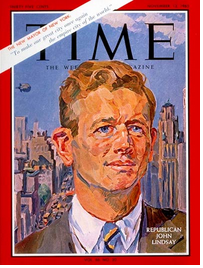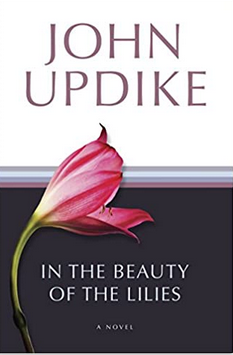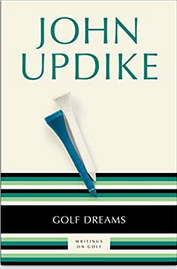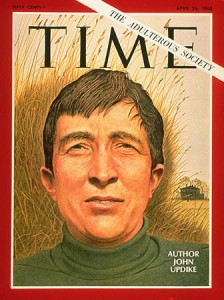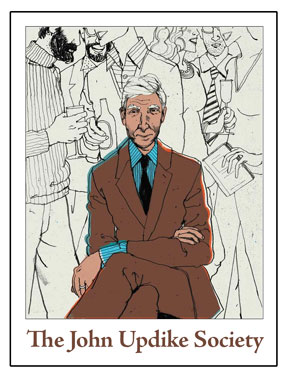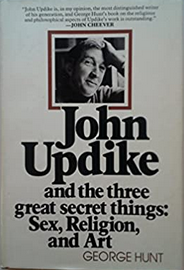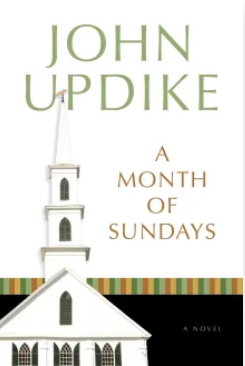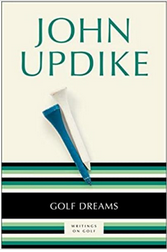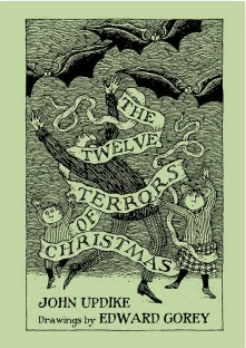It’s always interesting to look back at early reviews of an author’s work.
Time magazine’s Nov. 1, 1963 review of John Updike’s volume of poetry, Telephone Poles, noted that “Updike has neither [Ogden] Nash’s bewildered air of good sense wrapped in metrical nonsense nor [Morris] Bishop’s malicious delight in destroying his targets in a single, whiplashing line. His tone is more urbane and more lyrical, a bit reminiscent of Britain’s John Betjeman.”
Two years later, in their Nov. 12,1965 issue, Time reviewed Updike’s Of the Farm and warned readers that Updike’s fourth novel “will disappoint those admirers who have been waiting hopefully for a major talent to produce a major work. Instead of expanding, the Updike compass seems to be narrowing, as if its wielder were desirous of proving that he can, if need be, engrave his graceful arabesques on the head of a pin. Of the Farm barely qualifies as a novel; it is too brief, inactive, and unambitious. But as a delicate cameo that freezes three people in postures that none of them finds comfortable, it is almost faultless. Its achievement is that with incredibly economical means, it suggests that each of these people will change, develop, shift in their relations to each other and makes the reader wonder what their future will be. Its failure is that Updike never explores that future.”

